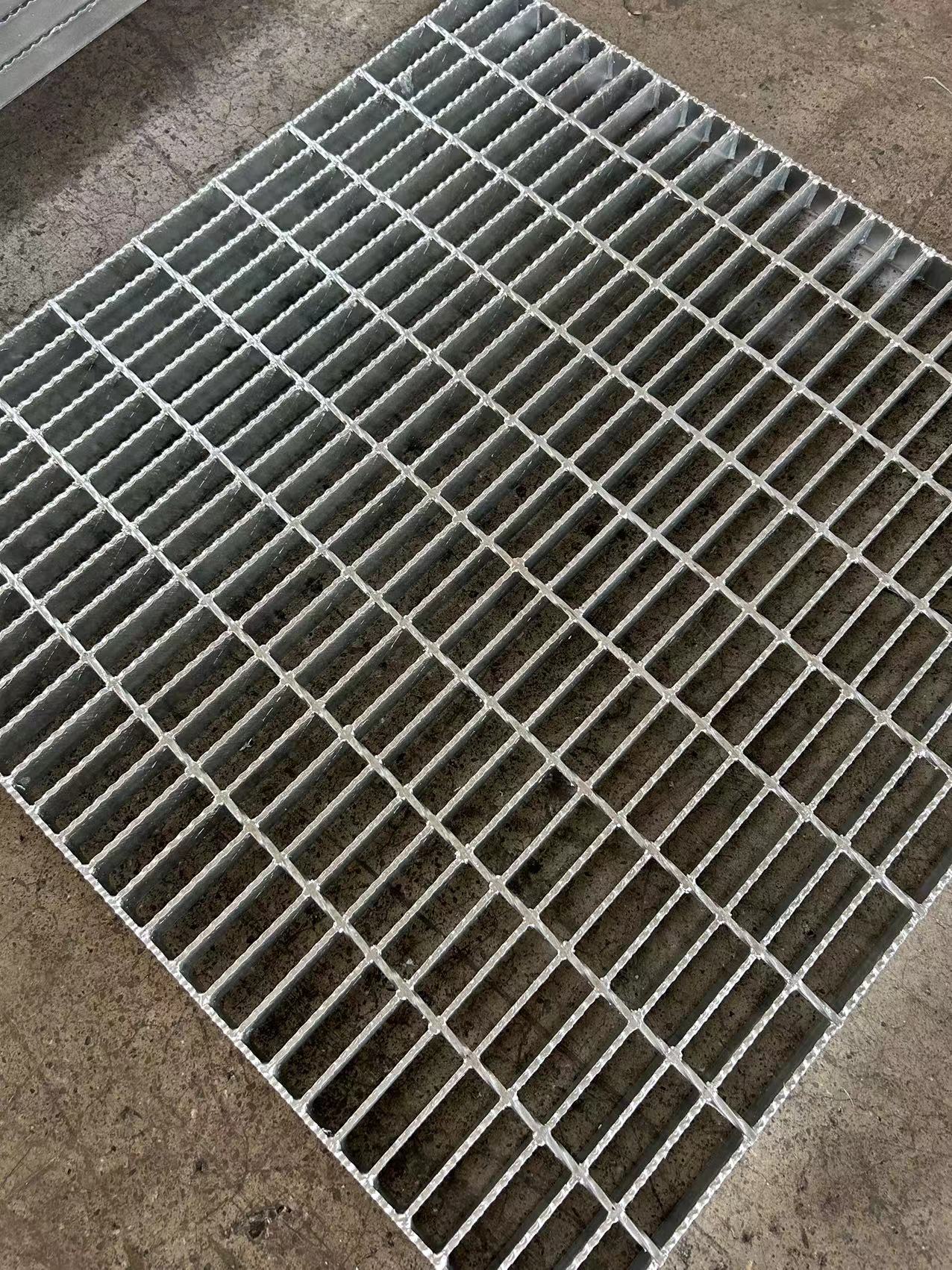Serrated Steel Grating is a critical component in industrial flooring, walkways, platforms, and drainage systems. Its unique serrated design not only provides superior strength but also enhances safety by offering excellent anti-slip performance. For B2B suppliers and manufacturers, understanding the applications, benefits, and customization options of serrated steel grating is essential to meet industrial demands and safety standards.
What is Serrated Steel Grating?
Serrated steel grating is a type of steel floor or platform grating featuring serrated surfaces on bearing bars. This design improves traction, reduces slip risk, and ensures stability in heavy-duty industrial environments. It is commonly fabricated from high-quality carbon steel or stainless steel and is used in environments where safety and durability are critical.
Key Features and Advantages
-
Anti-Slip Surface – Serrated edges prevent slips in wet, oily, or icy conditions
-
High Load-Bearing Capacity – Supports heavy industrial traffic and equipment
-
Durable and Corrosion-Resistant – Galvanized or painted options enhance longevity
-
Customizable Sizes and Thickness – Adaptable to specific industrial layouts
-
Versatile Applications – Suitable for platforms, walkways, drainage covers, and industrial flooring
-
Low Maintenance – Long-lasting, easy to clean, and resistant to wear
Industrial Applications
-
Chemical and petrochemical plants
-
Oil & gas refineries
-
Power generation facilities
-
Manufacturing and warehouse platforms
-
Public infrastructure such as bridges and stairways
Serrated steel grating ensures workplace safety while supporting heavy industrial operations. B2B suppliers should focus on quality materials, customization, and compliance with safety standards to meet industrial customer requirements.
FAQ
Q1: What makes serrated steel grating safer than plain grating?
The serrated edges provide extra traction, reducing slip and fall risks in wet or oily environments.
Q2: Which industries commonly use serrated steel grating?
Chemical, petrochemical, oil & gas, manufacturing, power plants, and public infrastructure projects.
Q3: Can serrated steel grating be customized?
Yes, thickness, size, material, and surface treatment can be tailored to specific project needs.
Q4: How durable is serrated steel grating?
High-quality steel and corrosion-resistant coatings ensure long-term durability, even under heavy loads and harsh conditions
Post time: Oct-21-2025

